Spacy modelių naudojimas istoriniams ir filologiniams tyrimams - 2025-04-17
- 2025-04-17 17:00
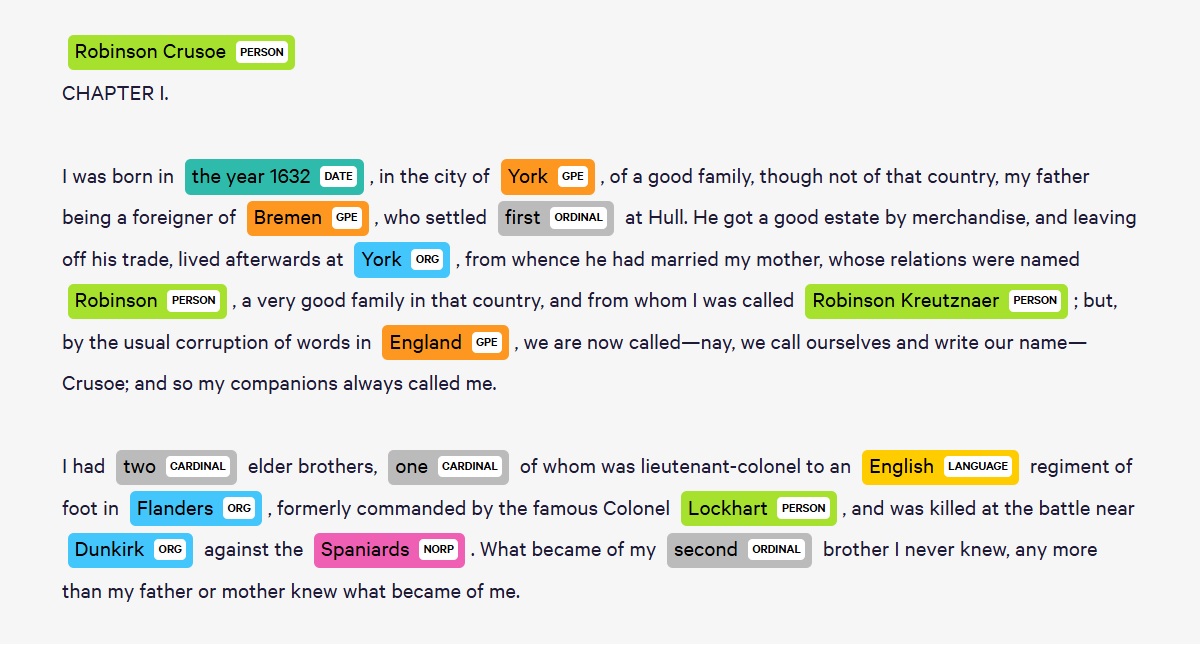 Balandžio 17 d. 17:00 val. kviečiame bendruomenės narius į dirbtuves, skirtas vardinių esybių atpažinimui (NER) naudojant Spacy kalbų modelius (https://spacy.io/usage/facts-figures).
Balandžio 17 d. 17:00 val. kviečiame bendruomenės narius į dirbtuves, skirtas vardinių esybių atpažinimui (NER) naudojant Spacy kalbų modelius (https://spacy.io/usage/facts-figures).
Skirtingai nuo didelių kalbos modelių (LLM), tokių kaip ChatGPT ar Gemini, Spacy kalbos modeliai negeneruoja teksto, o yra skirti struktūrinei tekstų analizei ir anotavimui. Iš esmės, kalbos modelis yra matematinis modelis, išmokytas tam tikros kalbos tekstais, kuris analizuoja žodžius ir jų tarpusavio ryšius. Spacy modeliai sukurti daugeliui kalbų, įskaitant lietuvių kalbą, ir gali būti taikomi istoriniams bei filologiniams tyrimams.
Dirbtuvių metu nagrinėsime šių modelių galimybes, ypač jų gebėjimą atpažinti vardines esybes, tokias kaip asmenvardžiai, geografinės vietovės, organizacijos, datos, įvykiai, adresai ir net meno kūriniai. Analizuosime du atvejus, kurie parodė šio metodo produktyvumą moksliniuose tyrimuose. Taip pat aptarsime įvairius teksto anotavimo metodus, įskaitant vardinių esybių žymėjimą konteksto nustatymui.
Planuojama trukmė: 45 min.
Tikslinė auditorija: Šios dirbtuvės skirtos tiems, kurie nėra susipažinę arba tik pradeda susipažinti su Spacy kalbų modeliais. Programavimo įgūdžių nereikia. Darbas su modeliu vyks per Google Colab. Dalyviui būtina turėti Google paskyrą (pvz., Gmail).
Dirbtuvių metu dalyviai turės galimybę eksperimentuoti su modeliais naudodami pasirinktus tekstus. Jei neturite bendrojo prisijungimo prie VU sistemos, rekomenduojama atsinešti savo „Windows“ nešiojamąjį kompiuterį ir literatūrinį arba negrožinės literatūros tekstą lietuvių arba anglų kalba .txt formatu praktiniams užsiėmimams. Lietuvių literatūros kūrinių .txt formatu daug galima rasti, pvz., čia: https://www.epaveldas.lt/collections/21.
Laikas: balandžio 17 d., 17:00–18:00.
Vieta: Filologijos fakultetas, A4 auditorija (2)
Registracija >>
Seminarą anglų kalba ves Sergii Gurbych, Istorijos fakulteto podoktorantūros stažuotojas, .

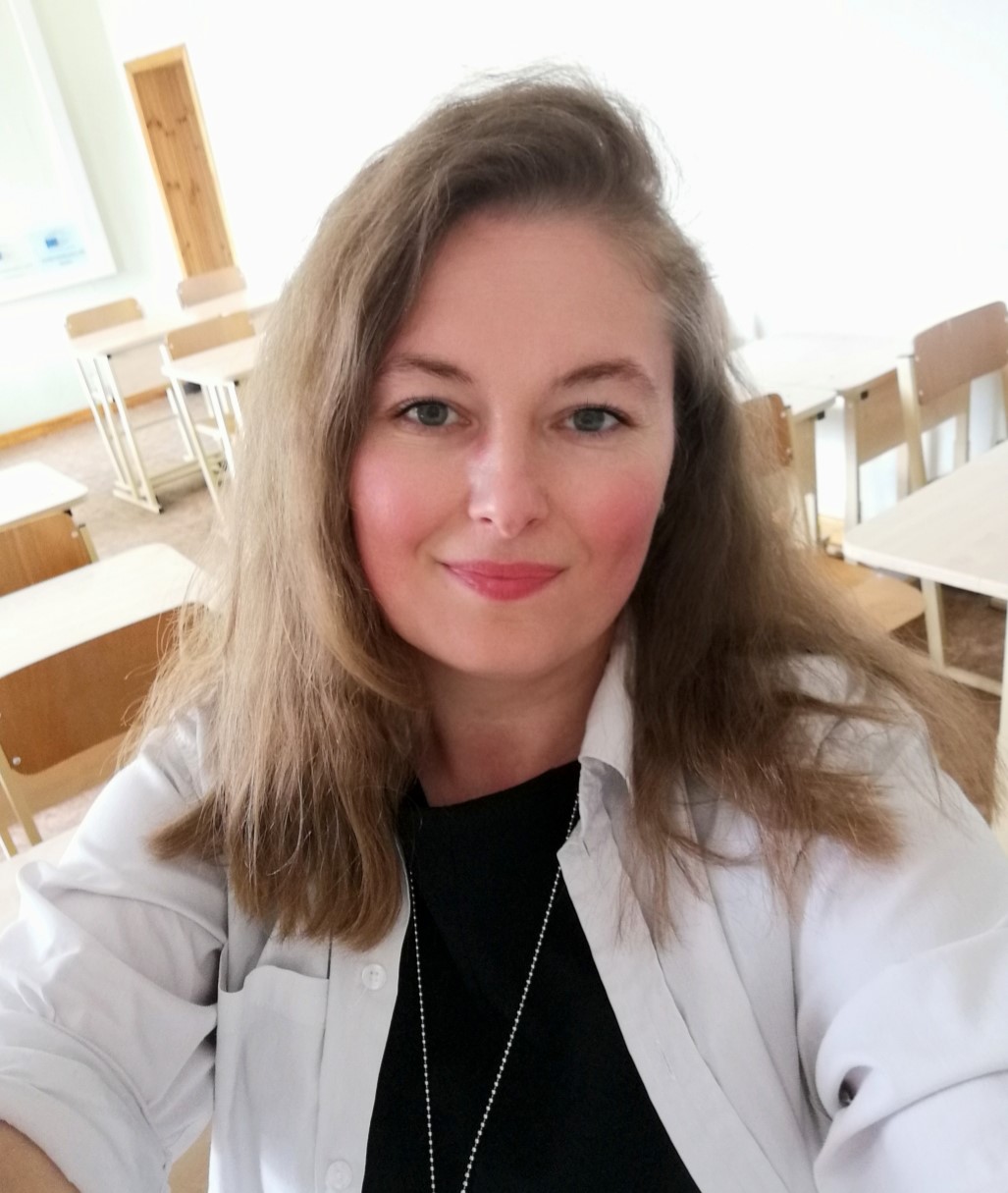 Data: 2025 m. kovo 19 d.
Data: 2025 m. kovo 19 d. 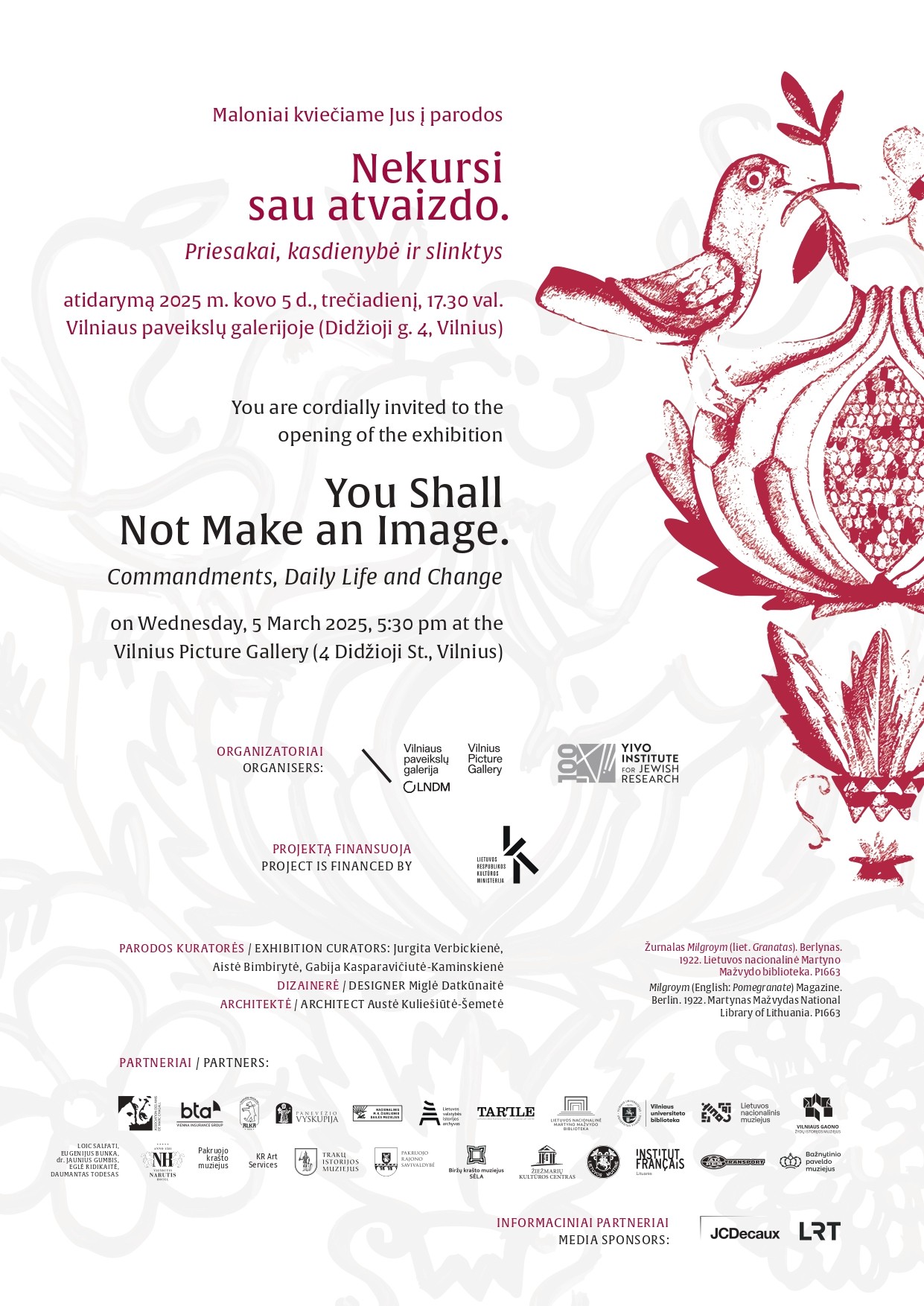 Kovo 5 d. (trečiadienį), 17.30 val., Vilniaus paveikslų galerijoje parodos „Nekursi sau atvaizdo. Priesakai, kasdienybė ir slinktys“ atidarymas. Joje bus eksponuojami XVIII a.–XX a. I p. žydų religinės, pasaulietinės, monumentalios ir taikomosios dailės kūriniai iš Lietuvos bei kitų Europos kraštų.
Kovo 5 d. (trečiadienį), 17.30 val., Vilniaus paveikslų galerijoje parodos „Nekursi sau atvaizdo. Priesakai, kasdienybė ir slinktys“ atidarymas. Joje bus eksponuojami XVIII a.–XX a. I p. žydų religinės, pasaulietinės, monumentalios ir taikomosios dailės kūriniai iš Lietuvos bei kitų Europos kraštų.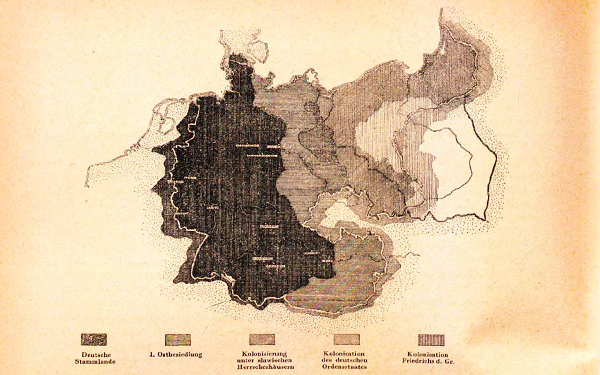 Vokietijos istorijos instituto Varšuvoje padalinys Vilniuje bendradarbiaudamas su Vilniaus universiteto Istorijos fakultetu ir Lietuvos istorijos institutu, maloniai kviečia Jus kovo 10 d. į Dr. Waltraud P. Indrist paskaitą „To “Secure the German Reich”: – Biopolitical Designing ± Planning Forces by NS-Institutions in the Baltic “.
Vokietijos istorijos instituto Varšuvoje padalinys Vilniuje bendradarbiaudamas su Vilniaus universiteto Istorijos fakultetu ir Lietuvos istorijos institutu, maloniai kviečia Jus kovo 10 d. į Dr. Waltraud P. Indrist paskaitą „To “Secure the German Reich”: – Biopolitical Designing ± Planning Forces by NS-Institutions in the Baltic “.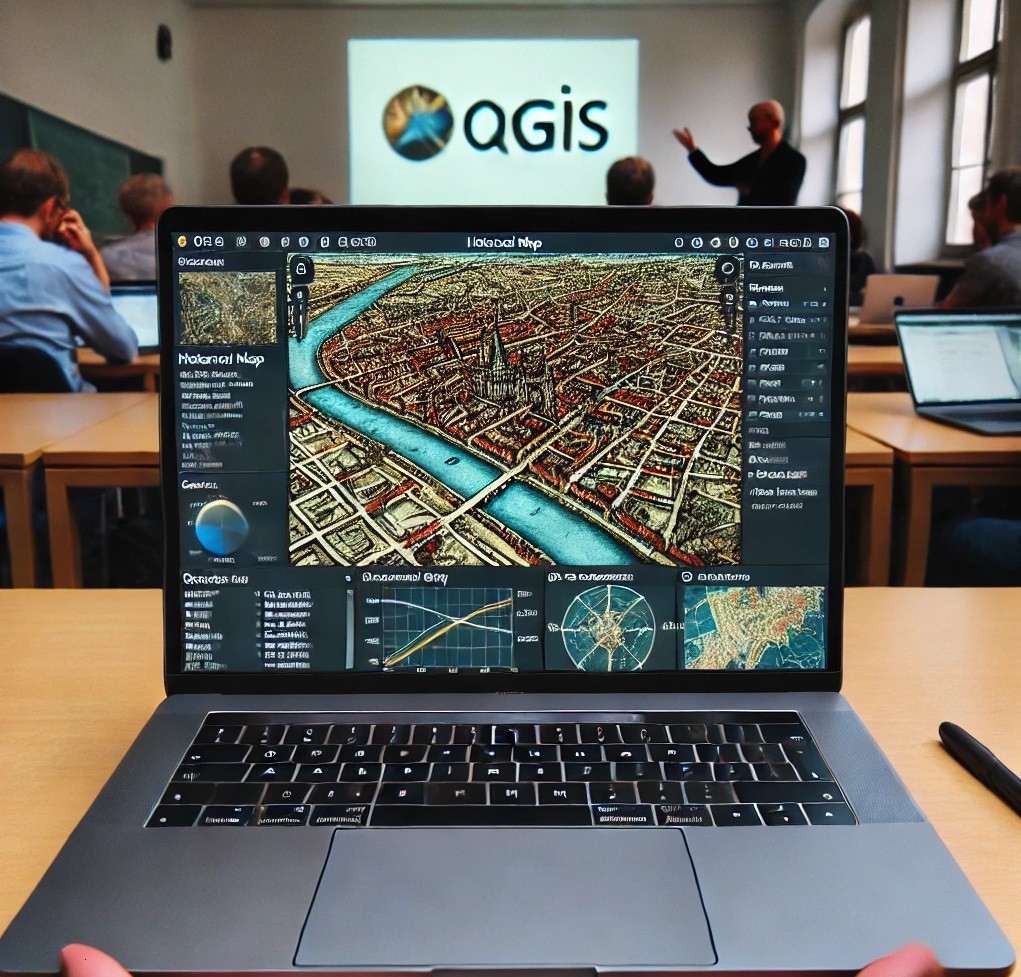 Vasario 27 d. 17.00 val. kviečiame bendruomenės narius į skaitmeninės humanitarikos dirbtuves, kuriose bus pristatytos atvirojo kodo geografinių informacinių sistemų (GIS) programos QGIS galimybės.
Vasario 27 d. 17.00 val. kviečiame bendruomenės narius į skaitmeninės humanitarikos dirbtuves, kuriose bus pristatytos atvirojo kodo geografinių informacinių sistemų (GIS) programos QGIS galimybės.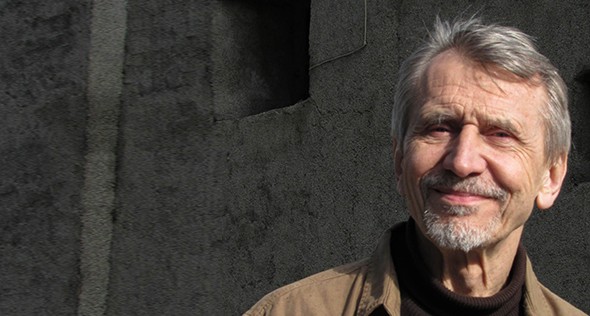 Vasario 10 d., 17 val. Vokietijos istorijos instituto Varšuvoje padalinys Vilniuje bendradarbiaudamas su VU Istorijos fakultetu ir Lietuvos istorijos institutu, maloniai kviečia į literatūros kritiko, publicisto, politologo Mykolos Riabčuko (ukr. Микола Рябчук) paskaitą "Mapping a "Nowhere Nation": Imperial Knowledge and Challenges of Decolonization".
Vasario 10 d., 17 val. Vokietijos istorijos instituto Varšuvoje padalinys Vilniuje bendradarbiaudamas su VU Istorijos fakultetu ir Lietuvos istorijos institutu, maloniai kviečia į literatūros kritiko, publicisto, politologo Mykolos Riabčuko (ukr. Микола Рябчук) paskaitą "Mapping a "Nowhere Nation": Imperial Knowledge and Challenges of Decolonization".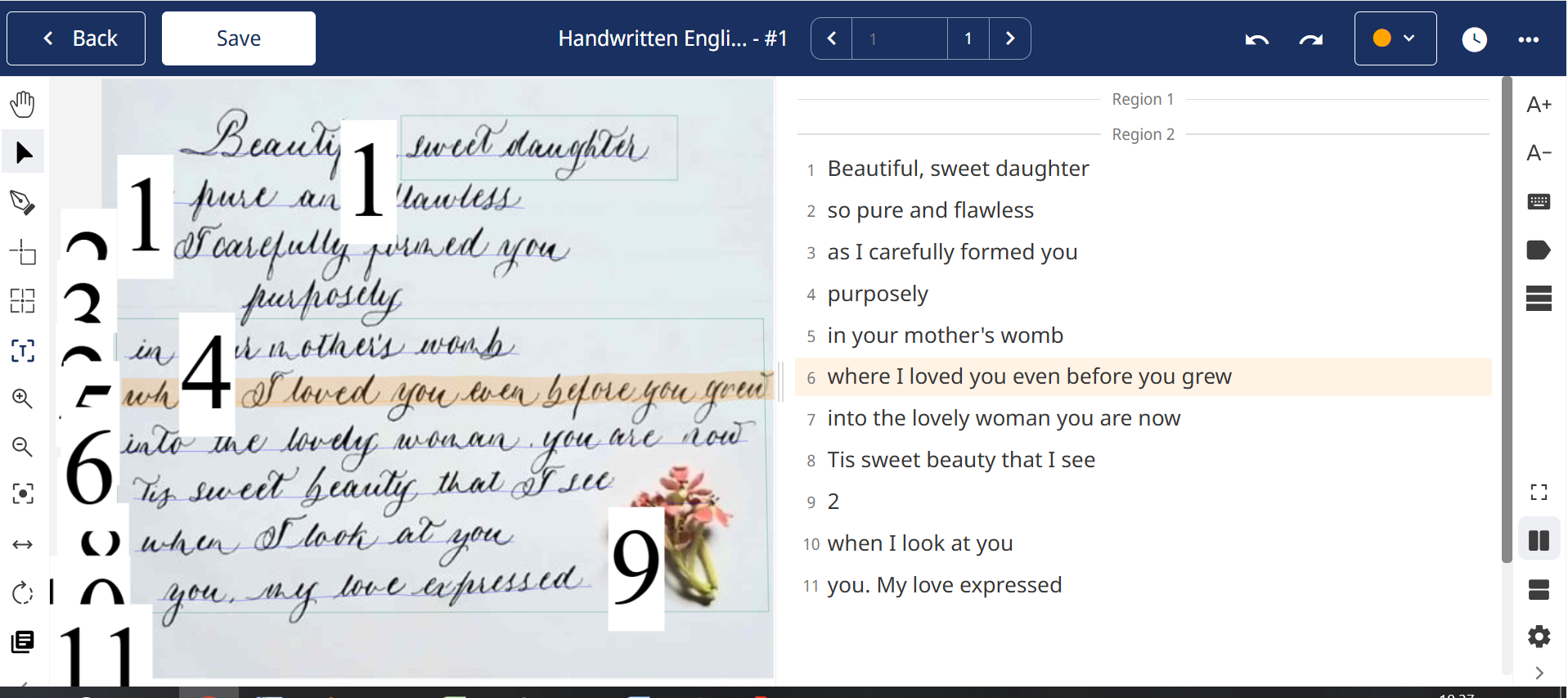 Vasario 6 d. 17:00 kviečiame bendruomenės narius į seminarą, skirtą skaitmeninių humanitarinių mokslų temai. Jos metu bus demonstruojamos Transkribus platformos galimybės atpažinti rankraštį. Seminaras yra DH laboratorijos, bendro Filologijos ir Istorijos fakultetų projekto, dalis.
Vasario 6 d. 17:00 kviečiame bendruomenės narius į seminarą, skirtą skaitmeninių humanitarinių mokslų temai. Jos metu bus demonstruojamos Transkribus platformos galimybės atpažinti rankraštį. Seminaras yra DH laboratorijos, bendro Filologijos ir Istorijos fakultetų projekto, dalis.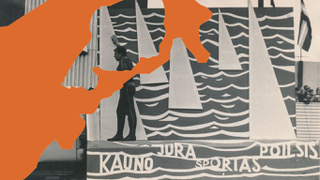 Data: 2025 m. sausio 31 d. 15 val.
Data: 2025 m. sausio 31 d. 15 val. 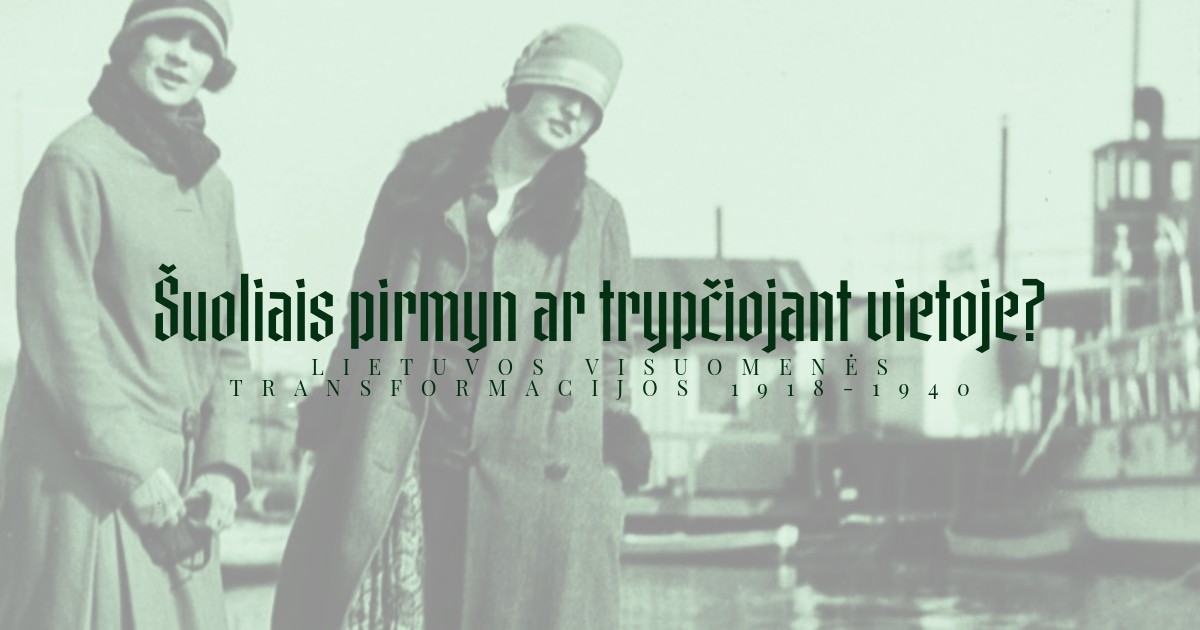 Kviečiame į Studentų mokslinę konferenciją, skirtą atskleisti tarpukario Lietuvos visuomenės transformacijas 1918–1940 m. Kartu diskutuosime apie socialinius, kultūrinius ir ekonominius pokyčius, nagrinėsime iškilusias problemas bei rūpesčius. Galiausiai, bandysime rasti atsakymą į klausimą: ar tarpukario Lietuva šuoliavo pirmyn, ar visgi trypčiojo vietoje?
Kviečiame į Studentų mokslinę konferenciją, skirtą atskleisti tarpukario Lietuvos visuomenės transformacijas 1918–1940 m. Kartu diskutuosime apie socialinius, kultūrinius ir ekonominius pokyčius, nagrinėsime iškilusias problemas bei rūpesčius. Galiausiai, bandysime rasti atsakymą į klausimą: ar tarpukario Lietuva šuoliavo pirmyn, ar visgi trypčiojo vietoje?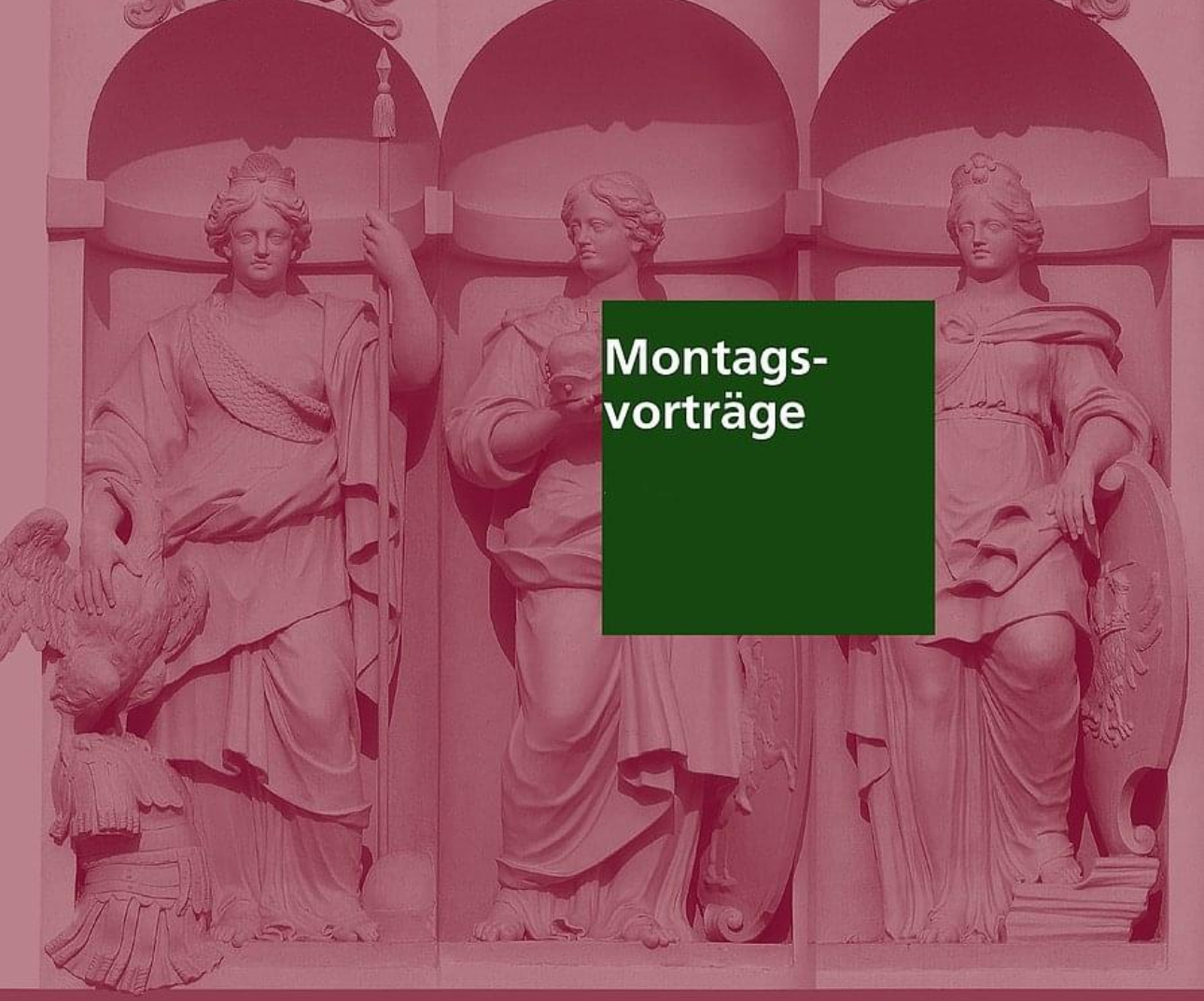 Vokietijos istorijos instituto Varšuvoje padalinys Vilniuje bendradarbiaudamas su Vilniaus universiteto Istorijos fakultetu ir Lietuvos istorijos institutu, maloniai kviečia Jus gruodžio 2 d. į prof. dr. Stephanie Herold paskaita „Transfromation as Heritage. Provisional Housing after the Second World War in Germany“.
Vokietijos istorijos instituto Varšuvoje padalinys Vilniuje bendradarbiaudamas su Vilniaus universiteto Istorijos fakultetu ir Lietuvos istorijos institutu, maloniai kviečia Jus gruodžio 2 d. į prof. dr. Stephanie Herold paskaita „Transfromation as Heritage. Provisional Housing after the Second World War in Germany“.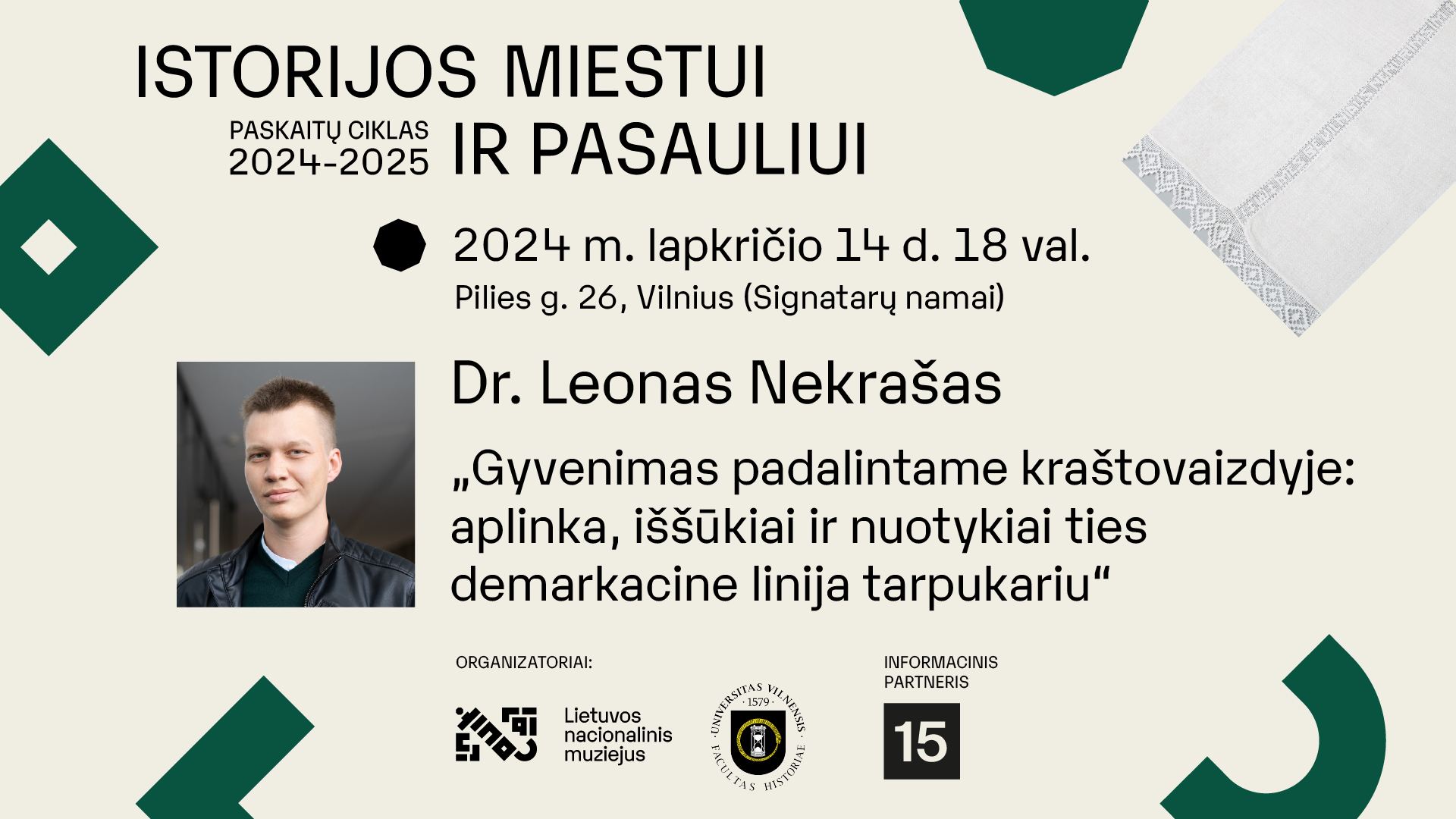 2024 m. lapkričio 14 d. 18 val. Signatarų namuose vyks dr. Leono Nekrašo paskaita „Gyvenimas padalintame kraštovaizdyje: aplinka, iššūkiai ir nuotykiai ties demarkacine linija tarpukariu“.
2024 m. lapkričio 14 d. 18 val. Signatarų namuose vyks dr. Leono Nekrašo paskaita „Gyvenimas padalintame kraštovaizdyje: aplinka, iššūkiai ir nuotykiai ties demarkacine linija tarpukariu“.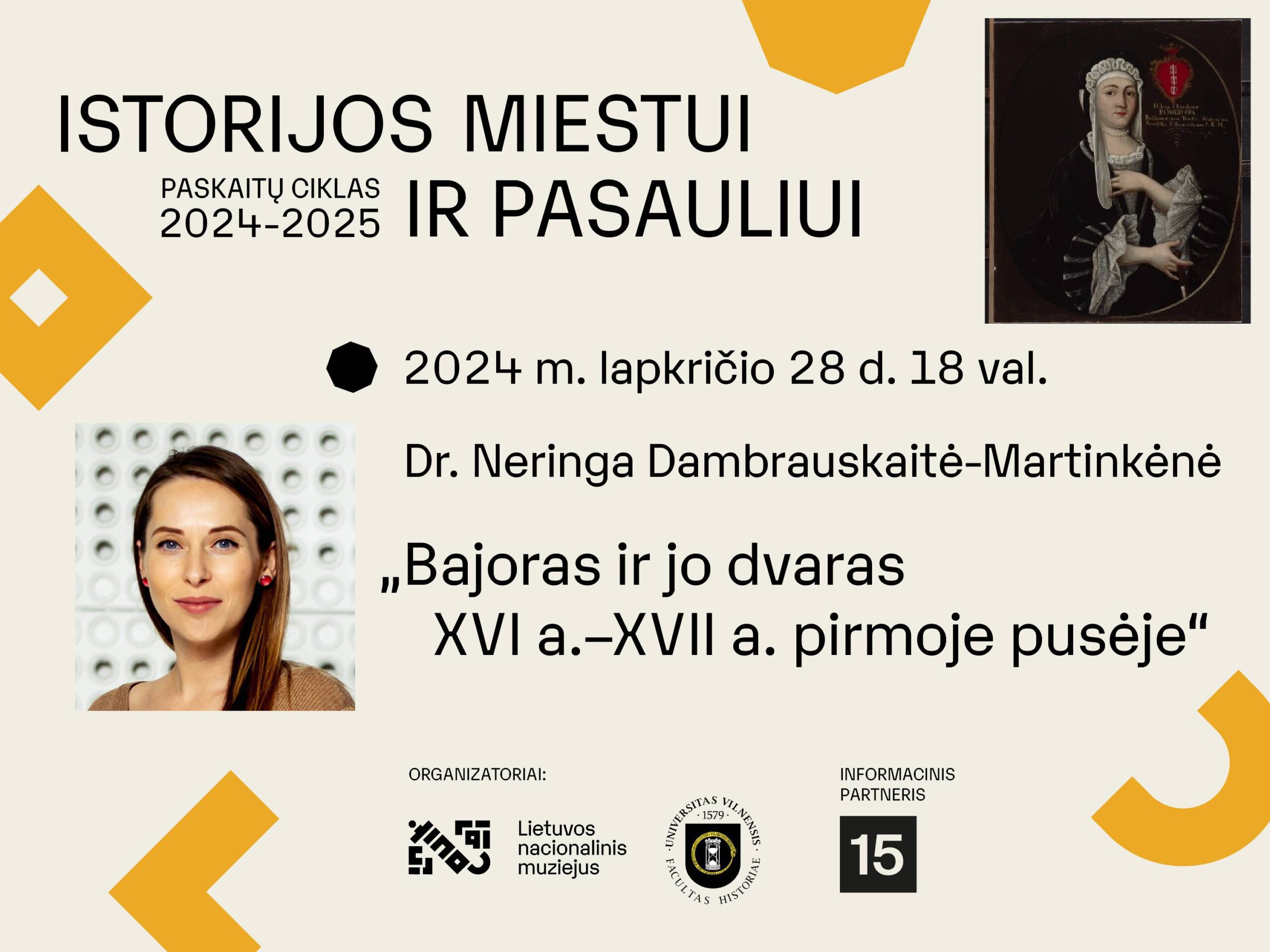 2024 m. lapkričio 28 d. 18 val. vyks dr. Neringos Dambrauskaitės-Martinkėnės paskaita „Bajoras ir jo dvaras XVI a.–XVII a. pirmoje pusėje“.
2024 m. lapkričio 28 d. 18 val. vyks dr. Neringos Dambrauskaitės-Martinkėnės paskaita „Bajoras ir jo dvaras XVI a.–XVII a. pirmoje pusėje“.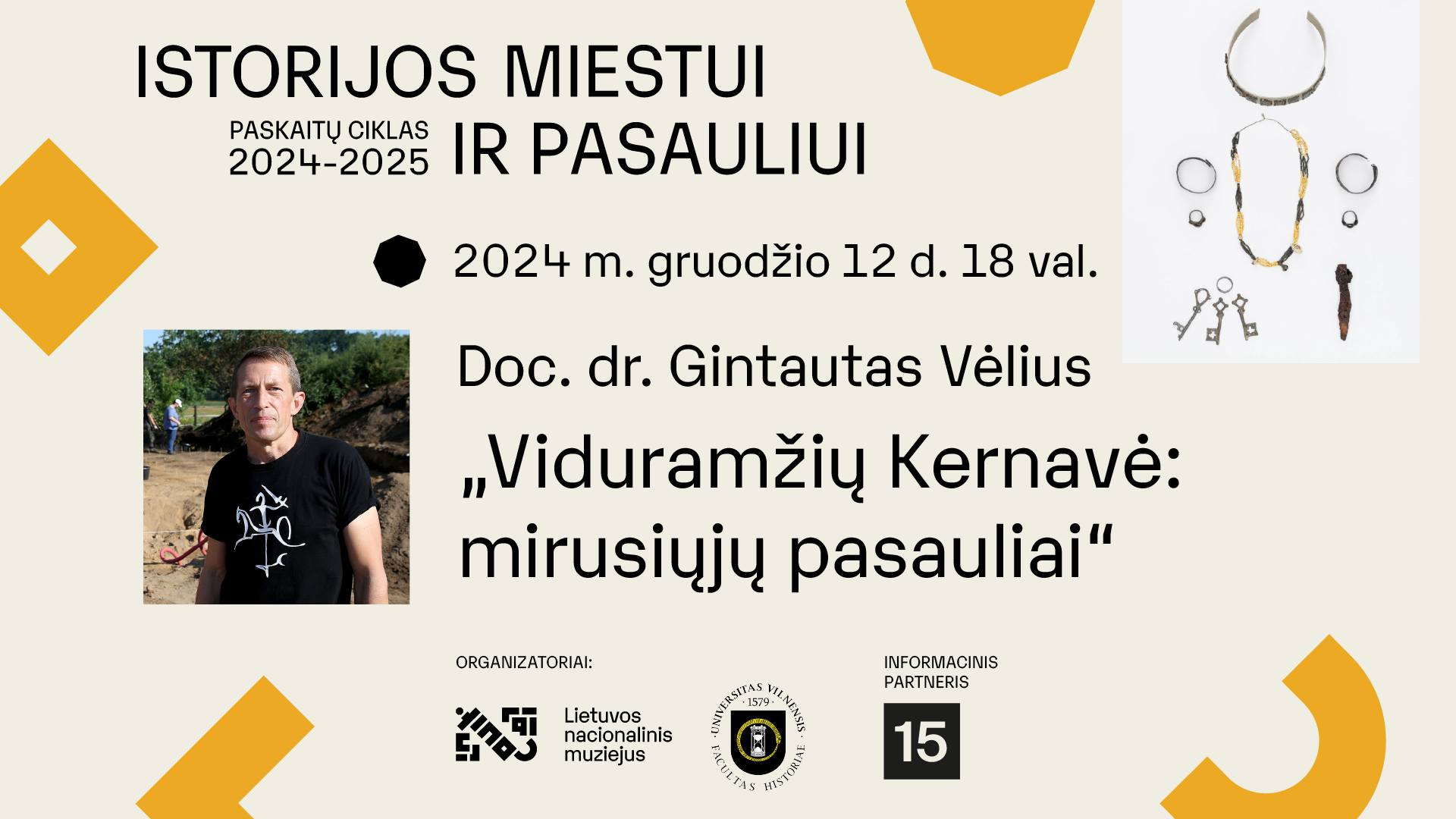 2024 m. gruodžio 12 d. 18 val. vyks doc. dr. Gintauto Vėliaus paskaita „Viduramžių Kernavė: mirusiųjų pasauliai“.
2024 m. gruodžio 12 d. 18 val. vyks doc. dr. Gintauto Vėliaus paskaita „Viduramžių Kernavė: mirusiųjų pasauliai“.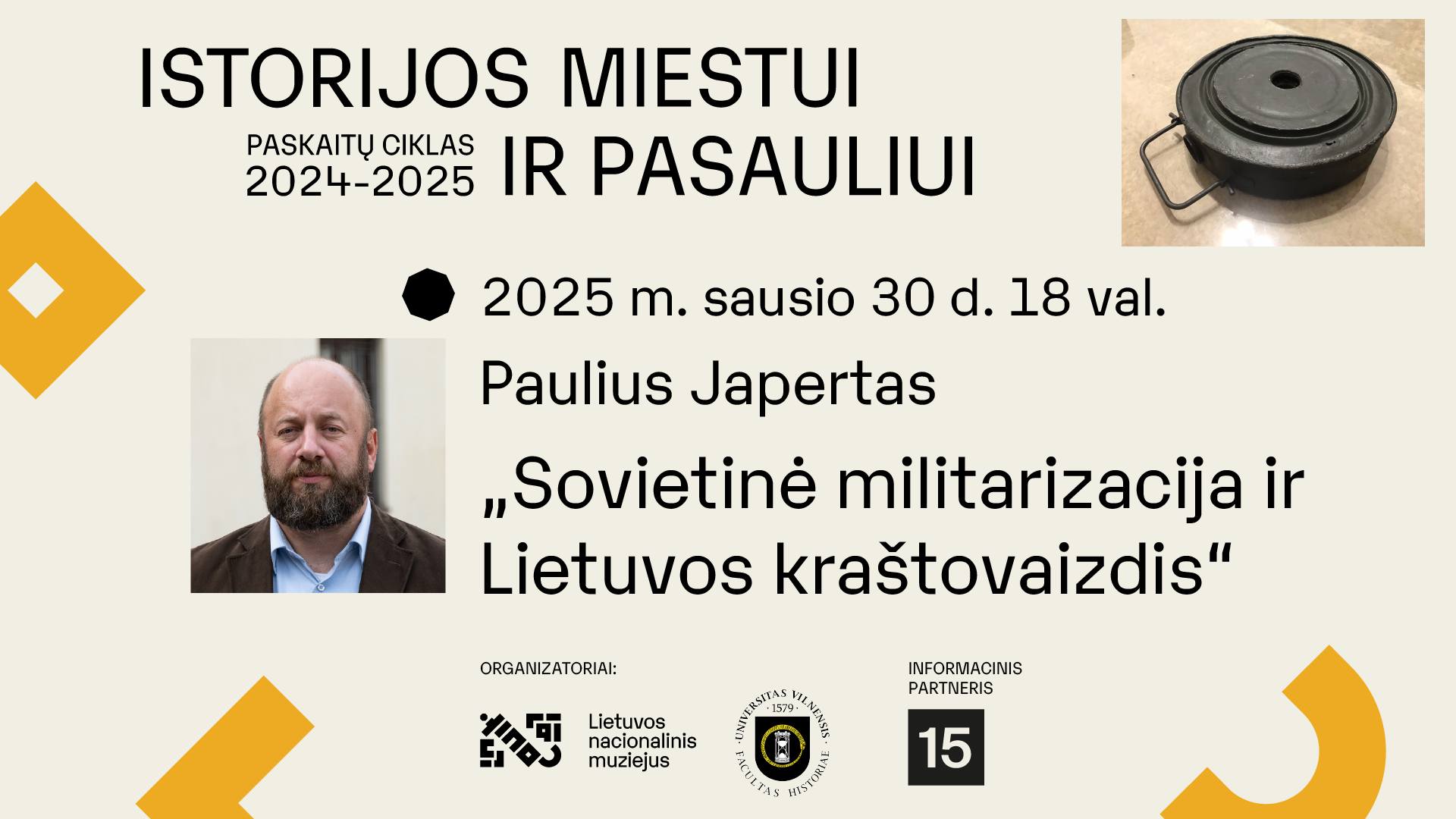
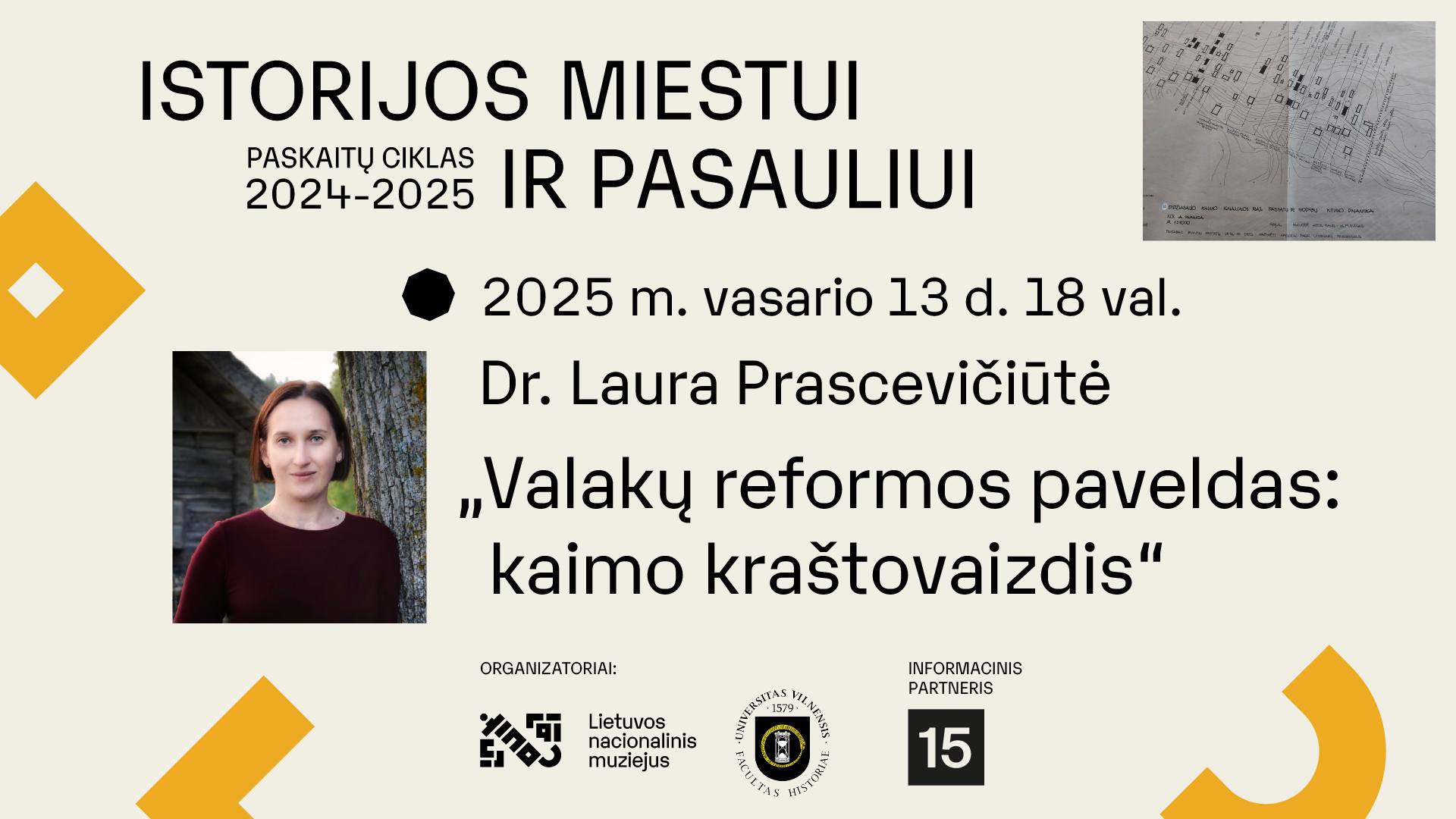
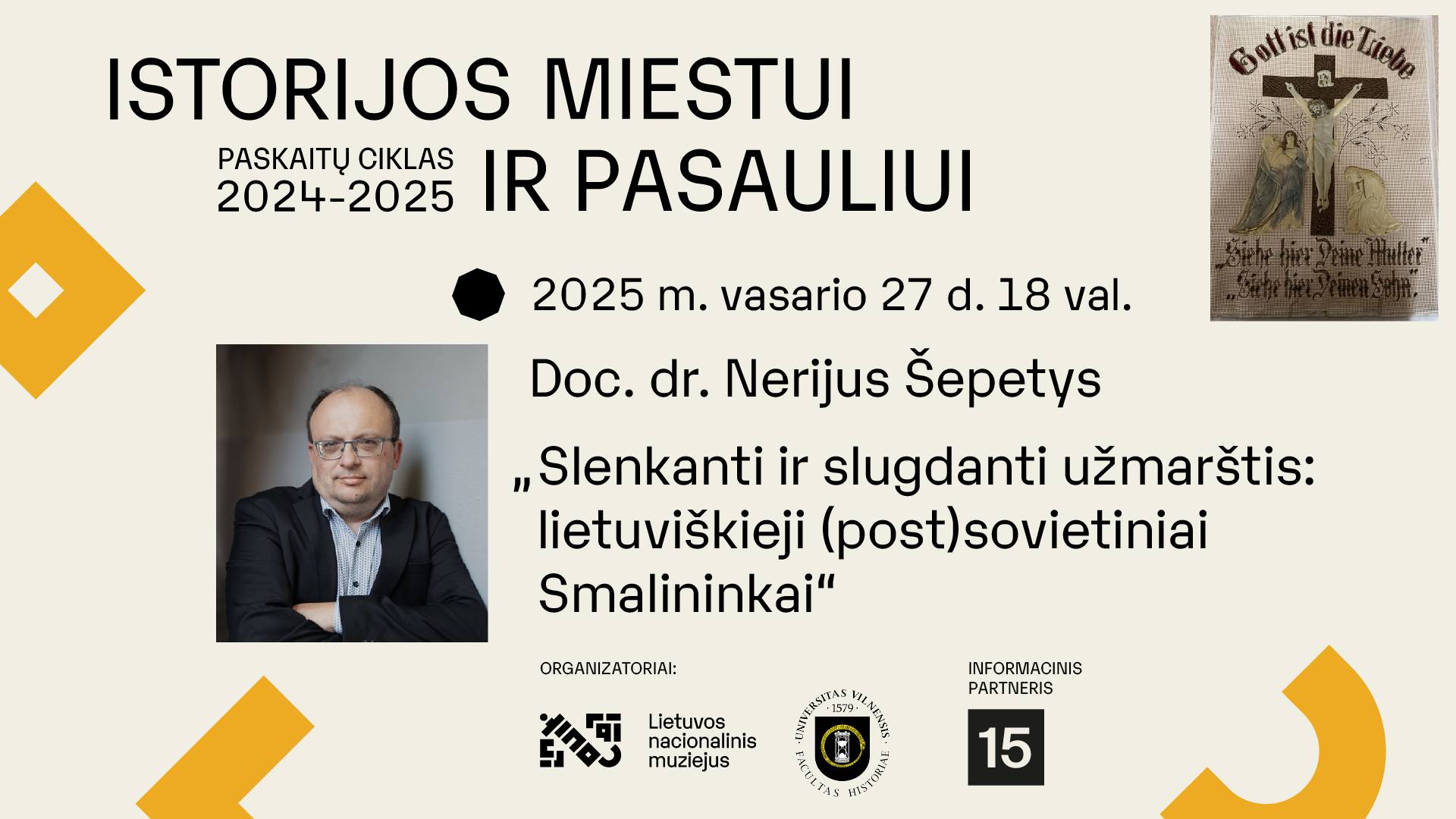
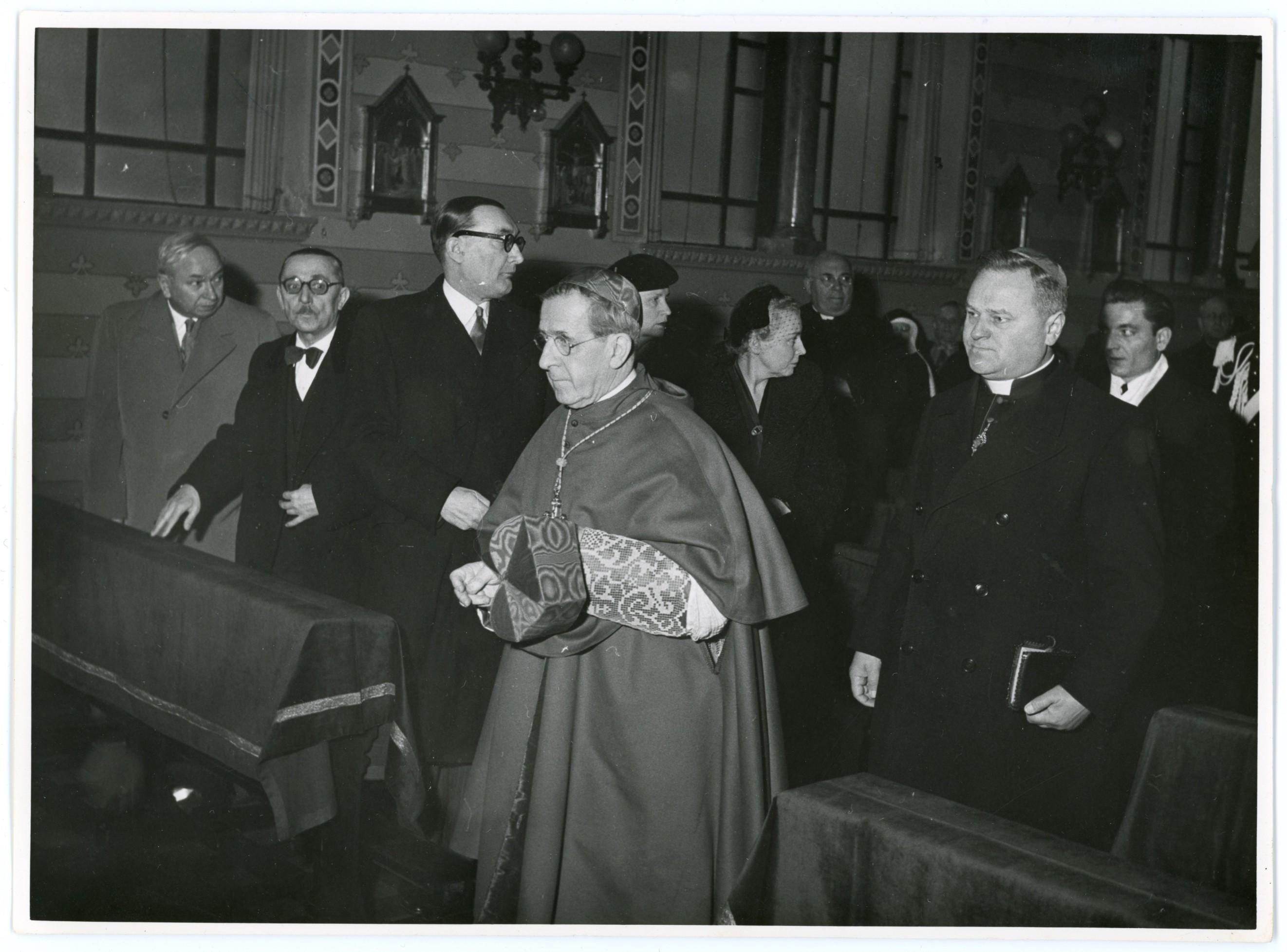
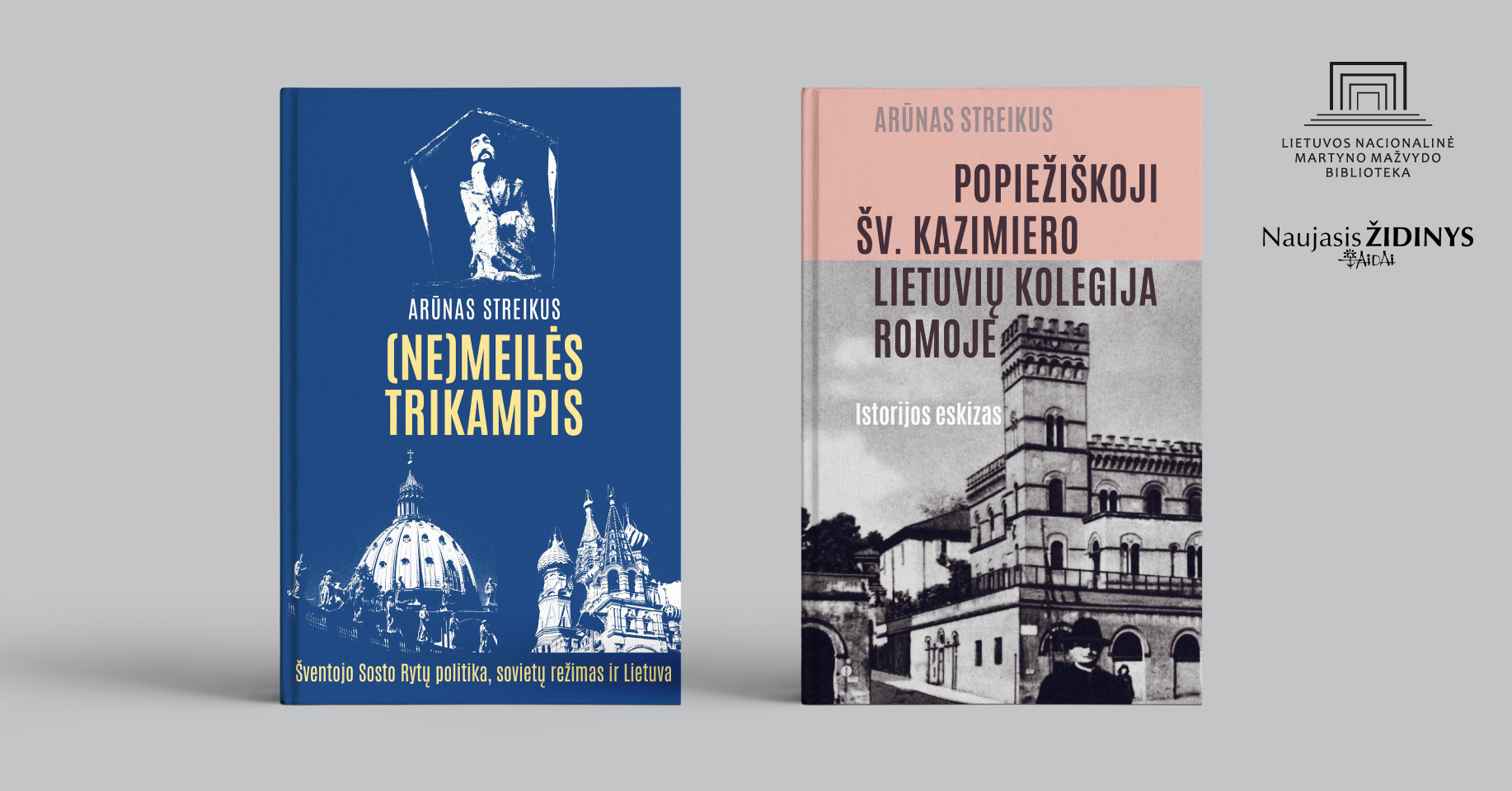
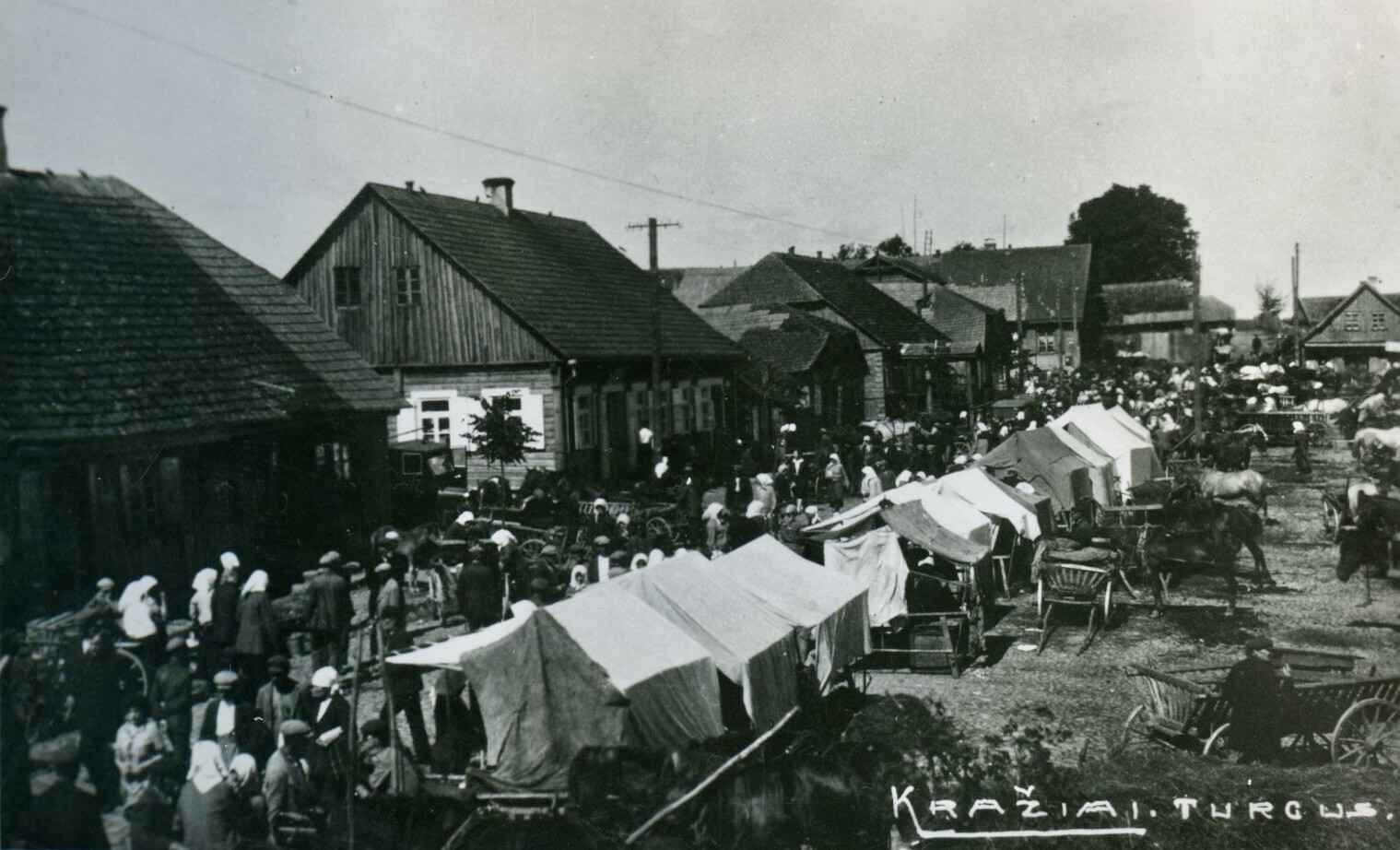 2024 m. lapkričio 21 d. Vilniaus universiteto Istorijos fakultetas (Universiteto g. 7), 330 auditorija. Renginio pradžia 9:00 val.
2024 m. lapkričio 21 d. Vilniaus universiteto Istorijos fakultetas (Universiteto g. 7), 330 auditorija. Renginio pradžia 9:00 val.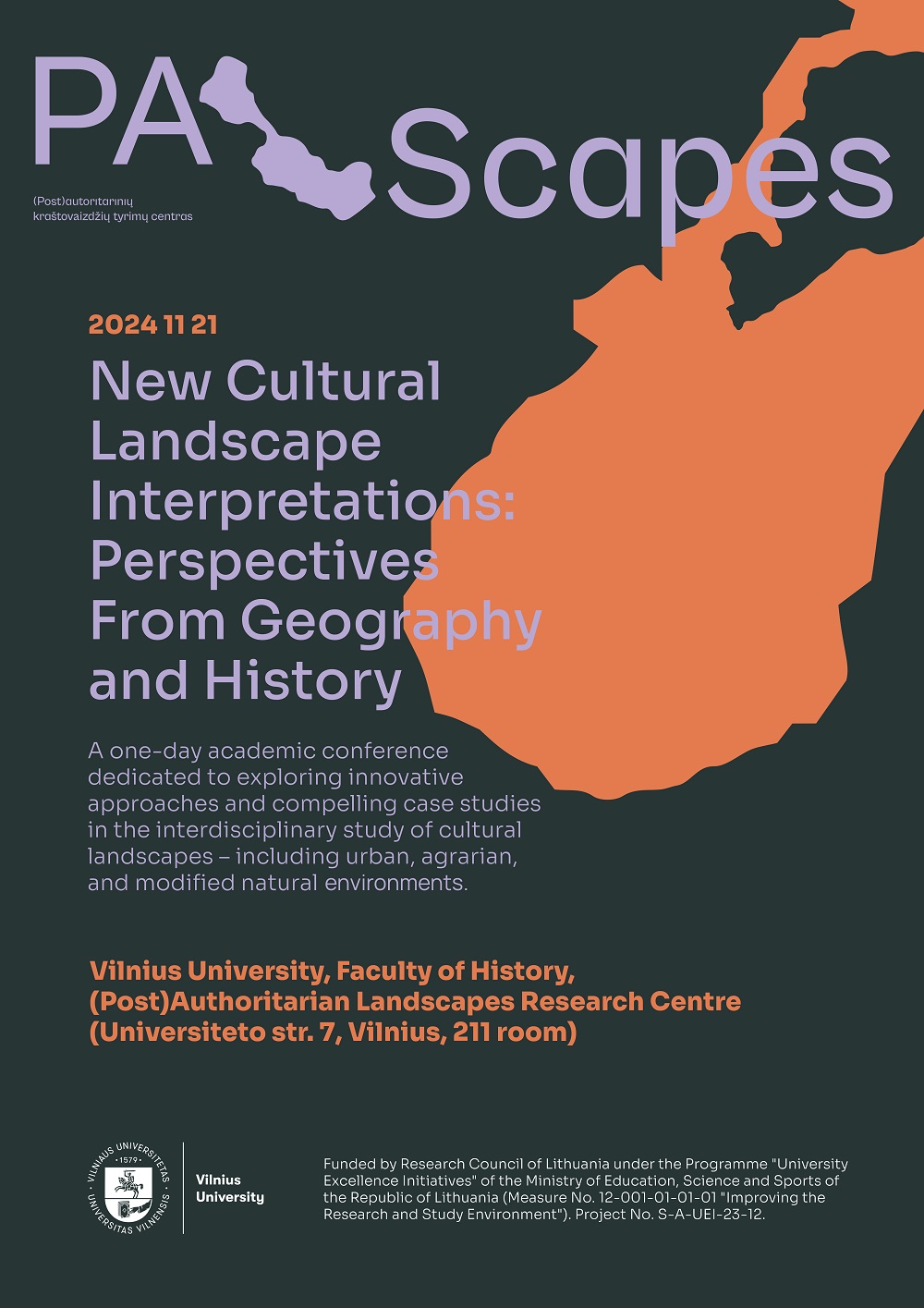 Lapkričio 21 d., Istorijos fakultete vyks (Post)autoritarinių kraštovaizdžių tyrimų centro organizuojama tarptautinė konferencija „New Cultural Landscape Interpretations: Perspectives from Geography and History“.
Lapkričio 21 d., Istorijos fakultete vyks (Post)autoritarinių kraštovaizdžių tyrimų centro organizuojama tarptautinė konferencija „New Cultural Landscape Interpretations: Perspectives from Geography and History“.